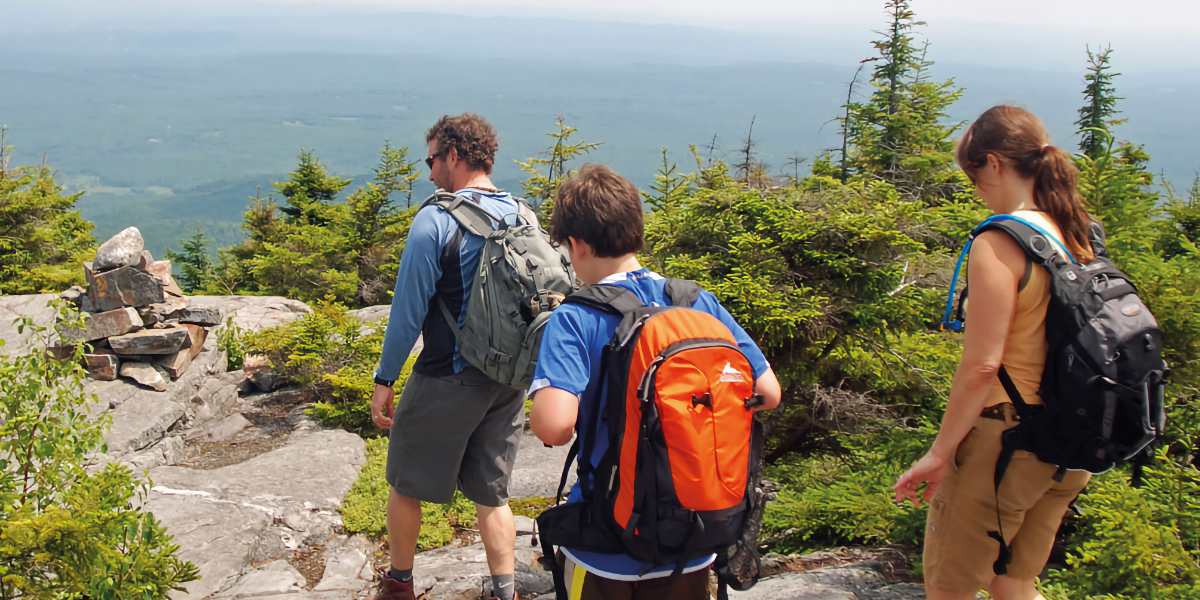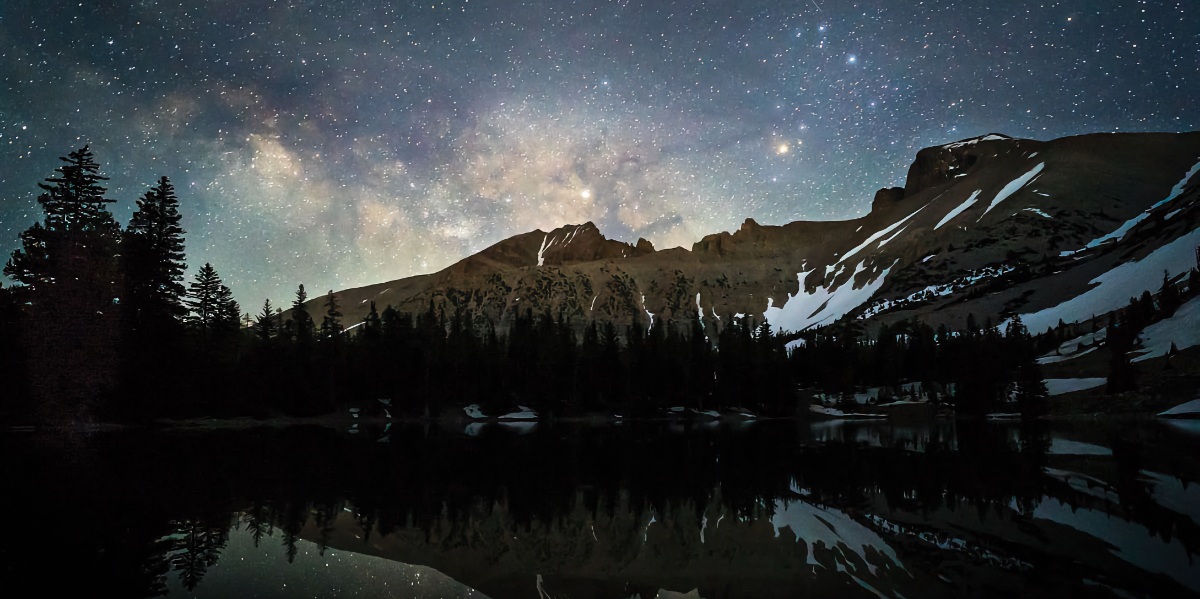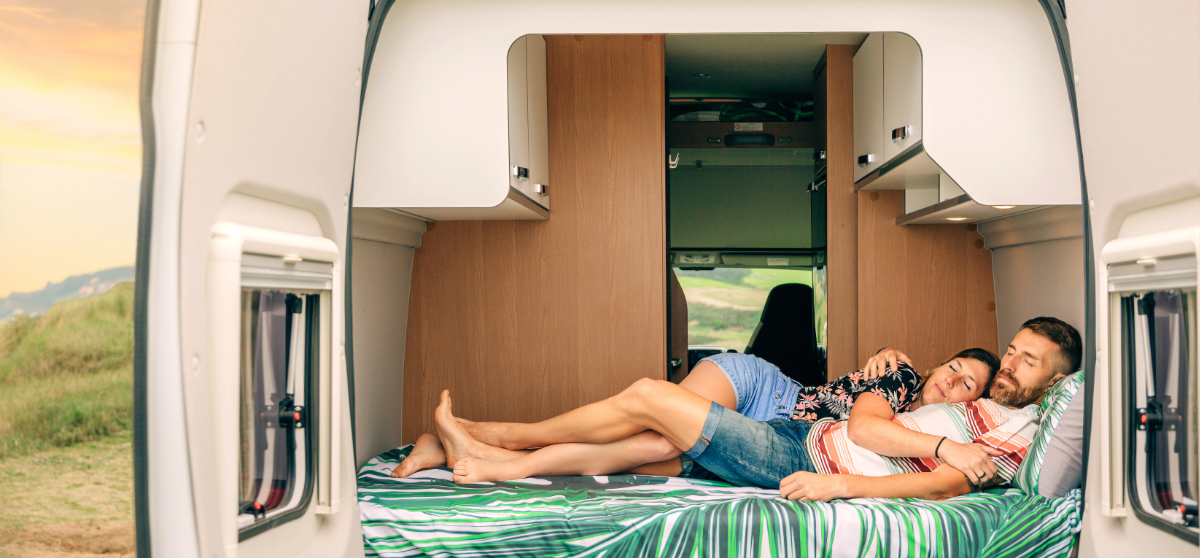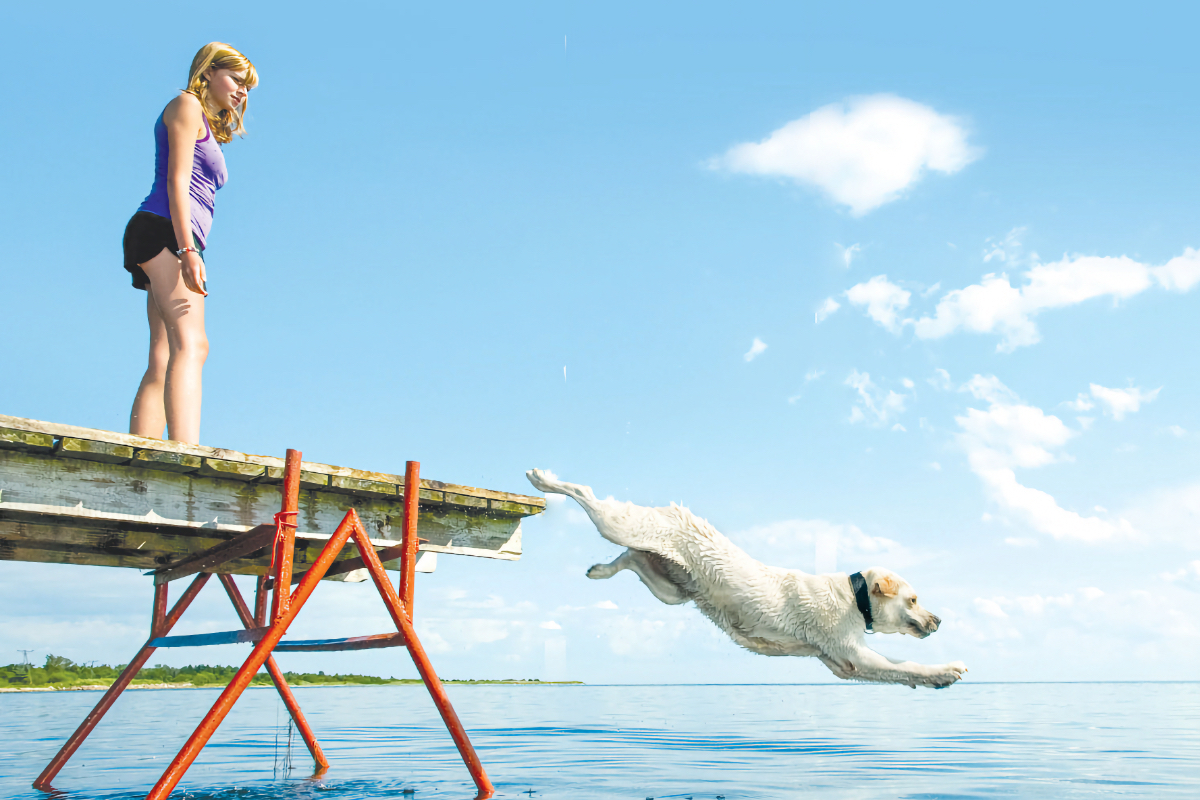RV Trip Planning Made Easy
Are you looking to plan your next RV trip?
Image Caption: RVing In The Mountains In Class C Motorhome Landscape At Sunset in Jasper, AB, Canada
Some of us are natural planners. For others, it feels a little bit like having our wisdom teeth pulled without anesthesia. Personally, advance planning saves me a lot of stress and hassle once I am on the road.
That is why I have put together this guide for RV trip planning made easy. I will cover excellent resources that will help you plan your next RV trip. Plus, I’ll explain the most logical order for planning an RV trip so you don’t get caught putting the cart before the horse.
Let’s dive in!
Consider Your RV Choice
If you already have a rig, you are hopefully well aware of its potentials and limitations. For those of you considering renting an RV for a road trip, you should know that all RVs aren’t built for all types of trips.
Larger class A RVs and diesel pushers tend to be better for extended stays in a handful of locations. They make it easier for you to tow a vehicle that you can use to get around when you are there. Plus, they have the kind of luxury amenities and appliances that allow you to have a super comfortable basecamp to return to every evening.

Image from Camping World
Larger fifth wheels and travel trailers would also fit into that category. Fifth wheel toy haulers would be the preferred rigs of choice for trips where mountain biking or riding dirt bikes or ATVs is the preferred activity of choice while you are not in camp.
Class C RVs tend to be great options for family trips because of the added sleeping space they provide. Smaller Class B RVs work well for trips covering a lot of ground because they get better gas mileage and also make it easier to take advantage of free and dispersed camping areas.
At the end of the day, just know that your RV will dictate many aspects of how you plan your trips. That includes things like how many miles of driving you are comfortable doing in a day, the availability of campsites based on your rig’s length, whether you always need full hookups or can get away with more basic sites, and much more.
Set A Budget For Your Trip
From my experience, RV trips inevitably come with extra costs. That makes setting a budget for your trip extra important. The last thing you want is to come home and realize you went so far over budget that you feel guilty about taking time off to plan another RV trip in the future.
When you are setting your budget, factor in how much you will need for gas, food, campsite reservations, activities, gear rentals, amusement or attraction entrance fees, and anything else you anticipate spending money on during your trip.
This can help you avoid unnecessary expenditures and also help you stay relaxed every time you do have to pull out your credit card while you are on the road.
Research and Reserve Campsites in Advance
Whether you are looking to set up a basecamp in a single campground for a long stay or planning to hop from site to site, advance bookings are almost a necessity these days. Fortunately, there are a huge number of resources out there to help you find information about campsites.
If you are a Good Sam member, their Find A Park feature will help you locate sites where you can take advantage of discounted rates. There are also other resources out there like Freecampsites.net and iOverlander.com that can help you find places to camp in a pinch or off the beaten path.
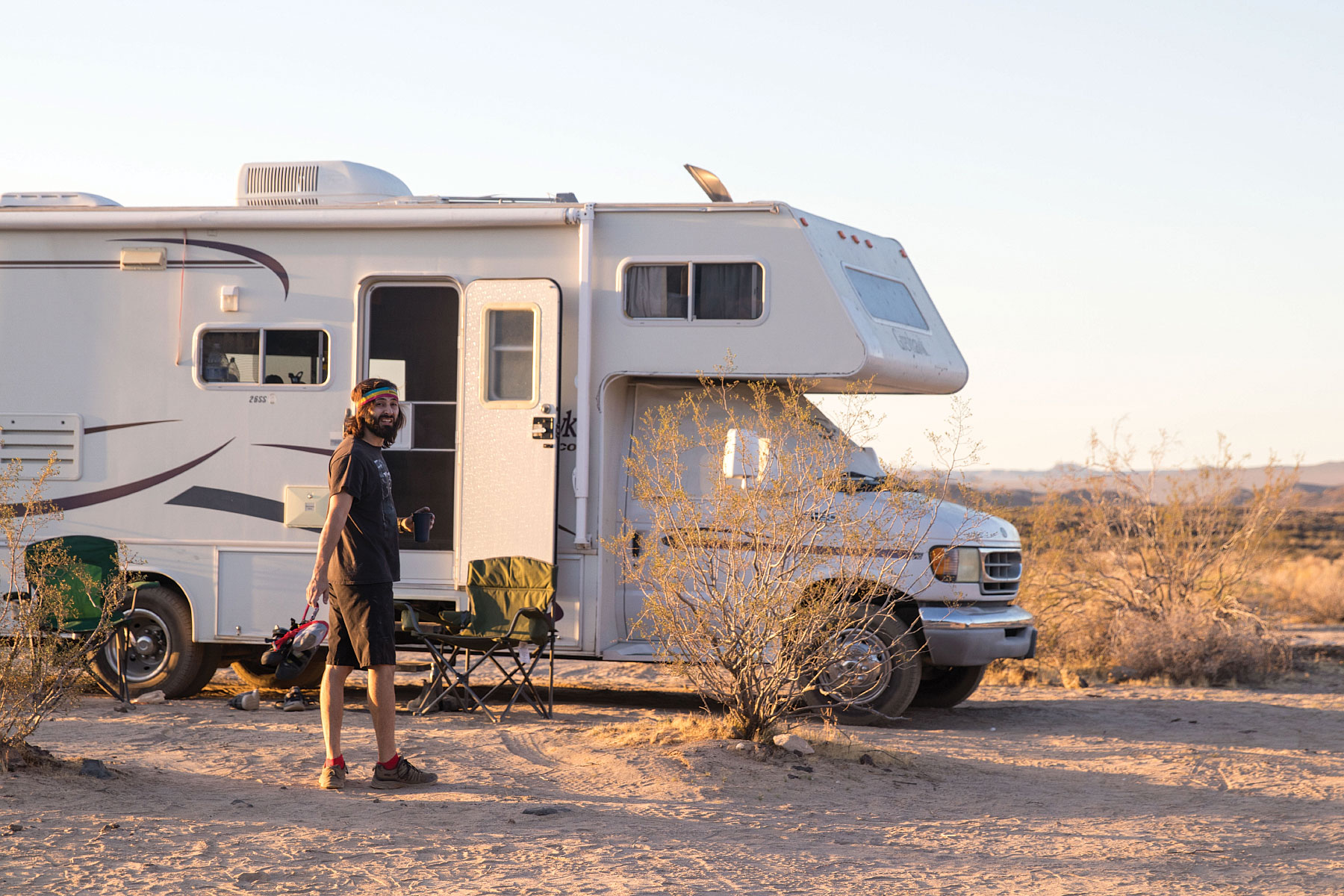
Image: Erika Klein
Know Your Route and Parking Options Along The Way
Depending on the rig you are driving, low bridges and other road hazards can cause unexpected detours. If you aren’t prepared for them, these detours can put a serious wrench in your road trip itinerary.
Before you depart, you should make sure that your route is safe and RV-friendly. Additional hazards that you might need to navigate around include propane restrictions in tunnels or on certain bridges, steep switchbacks or mountain grades that are unsafe for RV driving, and crowded gas stations or parking lots that make it impossible to access in a large RV.
Fortunately, many GPS units in RVs these days can be programmed to find routes and parking lots that won’t lead you into a pickle. If yours for some reason doesn’t, I would recommend looking into a few navigation apps like Google Trips, Gas Buddy, and RV Parky.
If you are planning a trip to a more remote area, you should also consider downloading maps for offline use. This will help you avoid feeling like a ship without a rudder when you lose service. Or, you could grab yourself an old-fashioned (but hopefully up-to-date) road atlas!
Set A Realistic Timeframe for Travel
RVs don’t move at the same pace as other vehicles. If you are new to RVing, you might even be surprised when rushed semi-truck drivers fly past you on the highway.
When I used to do a lot of road tripping in a car, I used to love trying to beat the estimated arrival time in my navigation app. Sadly, you are going to need to throw your competitive nature out the proverbial window on that front when traveling in an RV.
Everything takes longer when you are on an RV trip. That is part of the fun and it is a great excuse to slow down. Just know that your driving speed will be slower, it will take you longer to navigate in and out of rest stops, and filling up your tank at an RV-friendly gas station won’t be as quick as topping off the tank in your car.

Planning things out is an absolute must. (Image from Unsplash)
For a healthier estimate of how long it will take you to reach your destination, it helps to use an average traveling speed of 50 miles per hour. That will help you account for stops and navigating back roads even if your rig is fully capable of averaging closer to 60 or 65 miles per hour on the highway.
Also, keep in mind that longer trips will require more stops, which will push your arrival time out further each time. This is why many RVers travel using what is known as the 3/300 rule: limit your driving distance to a maximum of 300 miles per day and do your best to arrive at your destination by no later than 3 p.m.
Additional Tips To Make Your RV Trip Planning Easier
Before I go, I want to share a few additional tidbits that I have picked up through my personal travels:
- Set your timeline and budget first.
- Then choose a small number of destinations/attractions you want to see that fit within that timeframe and within your budget.
- Know that this won’t be your last RV trip (hopefully!), so you don’t need to feel stressed to “see it all.”
- Call campgrounds directly to inquire about certain features and amenities. Things can often be misleading if you are building expectations based solely on the photos.
- Check the weather early and often. Plan to do most of your driving during the nicest parts of the day.
- Don’t hesitate to ask for help. There are so many RV forums out there these days and they are filled with folks that have been RVing for years. Their knowledge can be incredibly valuable when you are planning your first RV trip.
- Remember that the journey is more important than the destination. So enjoy it!
Conclusion
I’m sure you have heard this saying: “Failure to plan on your part does not constitute an emergency on mine.” Unfortunately, your failure to plan can indeed create an emergency scenario for medical workers, search and rescue professionals, and family members if things go really wrong on the road.
If you are a natural planner, you probably already do most of the things in this guide. If not, I hope you can use them to make planning your next RV trip easier and less stressful.
Should there be anything I covered that is unclear, or should you want to add any tips to this guide, we would love to hear from you. We value your experiences out there on the road and believe they can help strengthen the camping and RVing communities as a whole!

